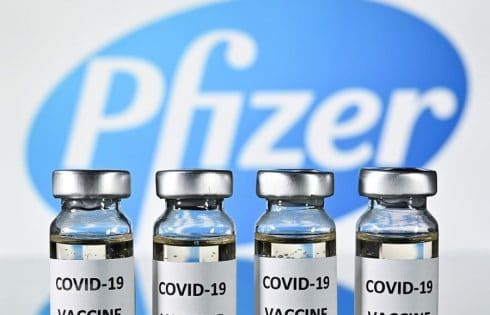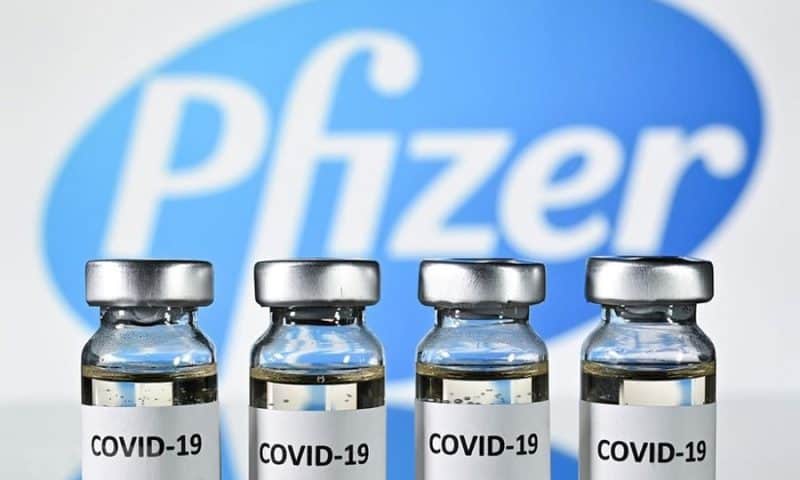
Pfizer recently saw the European Commission expand the authorization for its RSV vaccine, ABRYSVO, to include younger adults, and announced a collaboration with Flagship Pioneering for autoimmune therapeutics. Despite this positive news, Pfizer’s share price declined by 3% last week, aligning somewhat with the broader market’s 3.4% drop amid heightened investor anxiety over impending U.S. tariffs. While rotation into big tech buoyed by Tesla’s gains contrasted the broader downturn, it seems the general market volatility and concerns about economic growth outweighed Pfizer’s announcements, likely contributing to its recent stock performance.
Pfizer’s total shareholder return, encompassing both share price and dividends, exhibited a 2.86% decline over the last year. This period saw Pfizer underperforming relative to the broader US Pharmaceuticals industry and the US market, which experienced a 1.3% decline and a 6.1% gain, respectively. Several key developments colored this narrative. Recent earnings reports highlighted a notable improvement, with Q4 2024 revenue reaching US$17.76 billion from US$14.57 billion in Q4 2023. Additionally, dividends were increased, with a new quarterly cash dividend declared in early April 2025.
Product innovations played a vital role, with FDA approval for ADCETRIS in combination therapy for lymphoma and the expansion of ABRYSVO’s marketing authorization in Europe. Strategic alliances such as the collaboration with Flagship Pioneering for autoimmune therapeutics were forged, promising future growth. Meanwhile, activist investor activities, including Starboard Value’s calls for greater accountability on acquisitions, added pressure to management’s strategic decisions. These factors, among others, shaped Pfizer’s performance trajectory.

